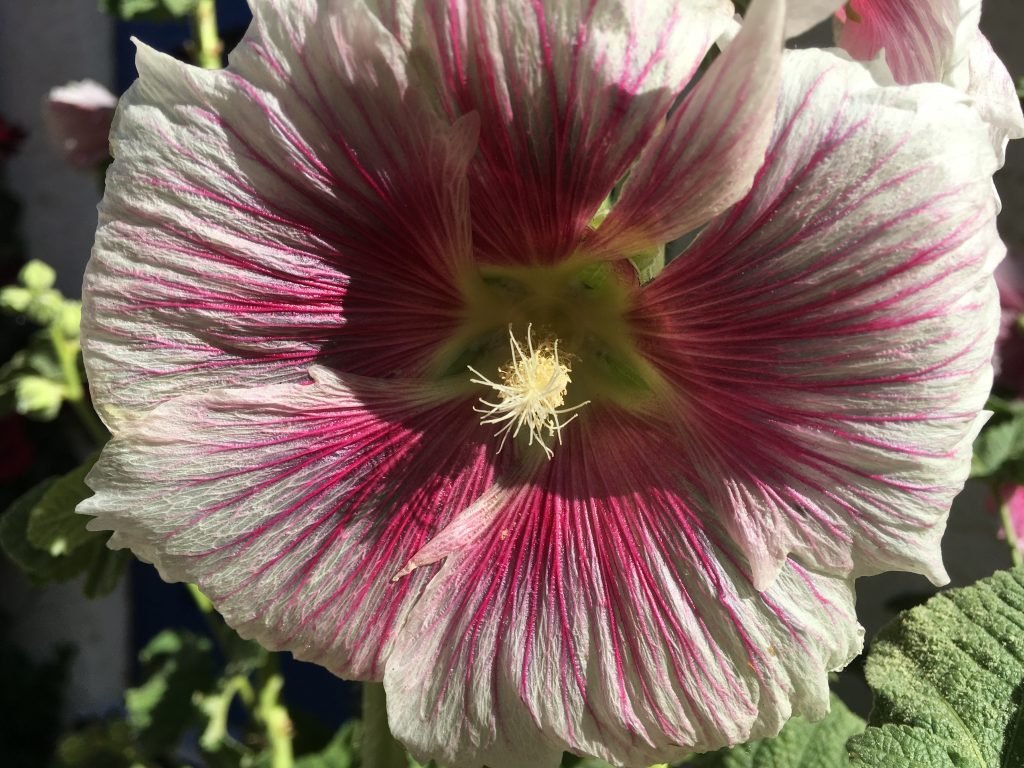In the Garden
Most days I am convinced my students are on my side, that we share a mutual affection and understanding for piano and our time together. But yesterday this happened.
It was the time in the lesson for Alex to pick a new title from the composition bowl. He is a kid who particularly loves the freedom of the composition assignment every week, and generally looks forward to the mystery and fun of drawing his next composition subject from the bowl. He picked “In the Garden.” I thought this was a great title. Alex looked a bit dubious.
We decided that the form for the composition would be a Rondo, meaning a structure that included a returning section interspersed with contrasting sections: A-B-A-C-A. Alex still looked dubious. I suggested that the A part could be the “beautiful flowers.” Suddenly he got a look of utter glee on his face. “And then all your flowers die!” He seemed overjoyed at this thought.
It wasn’t an abstract, generic “you.” It was specific. Me. My flowers.
“Well, yes, that could happen,” I said. “But I’m having a garden party this weekend, could you wait and kill off my flowers after the party?”
“Sure,” he responded. He still seemed gleeful, eager, almost, in anticipation at the fun that lay ahead.
Knowing the compositional power in the studio, I fear for my flowers.
Although the garden’s future may be in doubt, we’ve had quite a beautiful run this spring. Thanks to the rainiest spring since we moved here fifteen years ago, I have not so much a garden, but a jungle out there. The hollyhock flowers are the size of dinner plates, and there are a least 108 roses in bloom at this very moment. The irises have already come and gone, but the deep pink Jupiter’s Beard and the bright yellow yarrow are competing for attention in the bed along the driveway. The Rocky Mountain penstemon has grown at least two feet high and the purple foliage of the catmint is spreading wildly. It is, quite simply, a spectacular season to live in New Mexico.
All the time spent planting and pruning and weeding and watering has given me plenty of space to think. It occurs to me that while gardening, like practicing, is not only an active verb with specific tasks—do this, and then this, and then that—it might also be an attitude, a life philosophy of sorts. The distinction is this: is gardening (or practicing) a response to an immediate need or goal—a garden party, a seasonal to-do list, a recital—or is it an on-going process, a way to structure and organize one’s hours and time and priorities? In other words, does one garden every day because that is what one does, or does one garden only when there is an obvious and compelling job at hand?
I’ve been thinking about this as the studio is wrapping up the end of the semester. Piano festivals and various school and community performances are behind us. We are focusing on the studio recital pieces and anticipating a respite between this term and the more relaxed summer lesson schedule. It is easy to want a clean break, a clear division between the present and the future, to linger in a sense of accomplishment and closure. Both literally and figuratively, it is tempting to brush off our hands and breathe a sigh of relief, At last, finished!
Of course, our practices are never really finished. There will always be weeding and watering and planting and pruning in the garden (especially after Alex has yielded his destructive magic on my flowers). There is always something to work on with our music, some nuance to polish, some technique to perfect. Even after the recital is over, if we are to be true pianists in the holistic sense and not simply folks who play this piece and then that one, then there is always something more to do, more digging, more composting, more amending the soil of our creative and musical selves.
In the garden. On the piano bench. Same thing, really.
